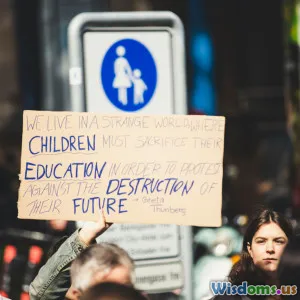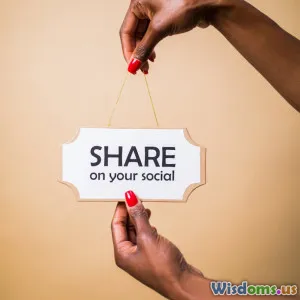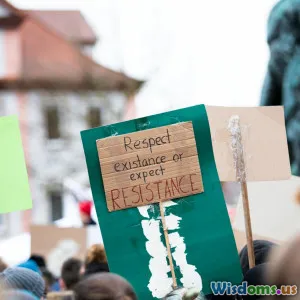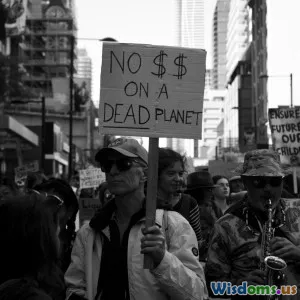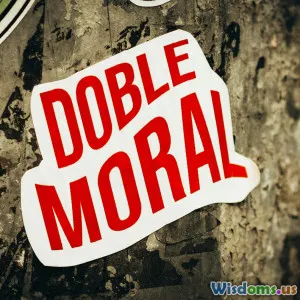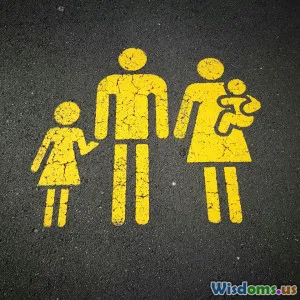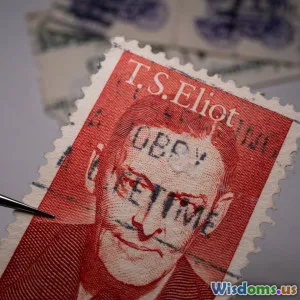
Exploring the Roots of Cancel Culture and Its Real World Effects
8 min read Uncover the origins of cancel culture and examine its profound impacts on society and individuals. (0 Reviews)
Exploring the Roots of Cancel Culture and Its Real World Effects
Introduction: The Rising Tide of Cancel Culture
Imagine speaking your mind only to find yourself ostracized, economically penalized, and publicly shamed all within hours. This phenomenon, broadly known as "cancel culture," has become a lightning rod in contemporary social discourse, shaping how society confronts accountability and morality in the digital age. But where does cancel culture originate, and what does it truly mean for individuals and communities? This article delves into the complex roots of cancel culture, its manifestations, and the profound effects it engenders in the real world.
The Origins of Cancel Culture
From Accountability Movements to Digital Vigilantism
The term "cancel culture" is relatively new, gaining prominence in the late 2010s. However, its conceptual predecessors can be found throughout history in forms such as public shaming, boycotts, and social ostracism.
In many ways, cancel culture evolved from traditional accountability mechanisms, such as consumer boycotts and social protests, harnessed by marginalized groups seeking justice and recognition. For example, the civil rights boycotts of the 1960s sought to hold businesses accountable for discriminatory practices.
With the internet and social media’s rise, these tools transformed radically. Platforms like Twitter, Instagram, and TikTok have amplified voices worldwide, enabling rapid mobilization and mass social judgments. Cases that might have remained relatively localized can now gain national or global attention in moments.
The Influence of Social Justice and Identity Politics
The growth of social justice movements, including #MeToo and Black Lives Matter, has played a significant role in catalyzing cancel culture. These movements have exposed systemic inequalities and called for accountability from individuals in positions of power.
Cancel culture emerged partly as a method for communities historically sidelined to challenge entrenched authority and cultural norms when traditional institutions failed to act adequately. This dynamic can be seen in moments like the public backlash against Hollywood figures accused of sexual misconduct during the #MeToo movement.
The Mechanics of Cancel Culture
How It Works in the Age of Social Media
Cancel culture typically begins when a person’s action, statement, or history is exposed and judged as offensive, unethical, or harmful. Social media users then collectively reject the individual or their work, often demanding consequences such as firing, boycotts, or formal apologies.
One prominent example was the rapid backlash against J.K. Rowling after tweets about transgender issues were widely criticized as transphobic. This sparked a polarized debate on freedom of expression versus protection from harmful rhetoric.
Accountability vs. Punishment: The Debate
Critics argue that cancel culture can slide into punitive behavior resembling mob justice rather than constructive accountability, impulsively ending careers and silencing nuanced dialogue.
Meanwhile, supporters see it as a vital social correction tool that empowers marginalized voices and pressures institutions to uphold ethical standards.
Real World Effects
Impact on Individuals
The consequences for those "canceled" can be severe. For instance, celebrities such as Kevin Hart stepped down from hosting the Oscars after old homophobic tweets resurfaced, demonstrating how past behaviors can have lasting repercussions in today’s public eye.
Beyond public figures, everyday individuals have also faced cancellation, sometimes with disproportionate effects on their mental health and livelihood. A Pew Research Center study (2023) reported that 41% of Americans feel hesitant to speak out on sensitive topics due to fear of public backlash.
Influence on Public Discourse and Culture
Cancel culture has drastically shaped the landscape of public conversation. While it has pressed for greater inclusivity and sensitivity—leading companies to rethink policies on diversity and harassment—it has also introduced a climate of fear around open debate.
For example, some scholars argue that cancel culture can foster self-censorship, limiting exposure to diverse viewpoints and stifling intellectual growth, as people opt for ideological conformity to avoid backlash.
Effects on Institutions and Corporations
Corporations increasingly grapple with cancel culture, balancing consumer trust and employee relations. Public relations strategies often now focus on rapid response to controversies to mitigate potential financial and reputational damage.
An example is the backlash Levi’s faced in 2020 after a boycott against the company due to leaked sponsorship-related controversies. The company’s quick acknowledgment and corrective measures helped restore its brand reputation.
Navigating Cancel Culture: Towards a Balanced Approach
Encouraging Nuanced Dialogue
Rather than outright cancellation, many experts advocate for dialogue, education, and restorative justice. This approach encourages learning from mistakes and fosters empathy, as opposed to fostering a punitive culture that may alienate allies and deepen divides.
Promoting Media Literacy
Understanding context is crucial. Media literacy education can equip individuals to critically analyze information instead of reacting impulsively to viral moments. This promotes a culture where accountability is encouraged but reactions are measured.
The Role of Institutions
Institutions have a role in establishing clear ethical guidelines, transparent procedures for addressing misconduct, and support systems to balance free speech with community safety.
Conclusion: The Dual Edges of Cancel Culture
Cancel culture, at its core, reflects society’s evolving relationship with accountability, justice, and social power. It is a double-edged sword: a mechanism for marginalized voices to claim agency and a potential tool for disproportionate social punishment.
Understanding its roots helps us appreciate why it resonates so deeply today, while recognizing its real-world effects prompts critical reflection on developing more constructive means of addressing grievances. Moving forward, striking a balance that fosters accountability without eroding dialogue will be essential in navigating the complexities of cancel culture.
References:
- Pew Research Center. (2023). Public Concern Over Social Backlash Increases.
- Time Magazine. (2018). The Rise of Cancel Culture.
- The New York Times. (2020). Culture Wars and Cancel Culture in the Age of Social Media.
This article aims to provide clarity and foster constructive conversation around a complex, evolving cultural phenomenon.
Rate the Post
User Reviews
Popular Posts










